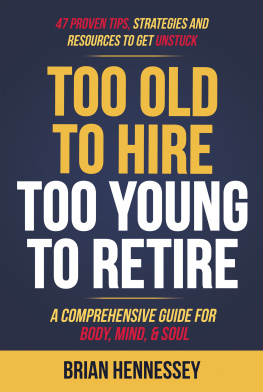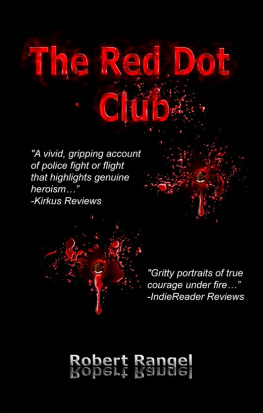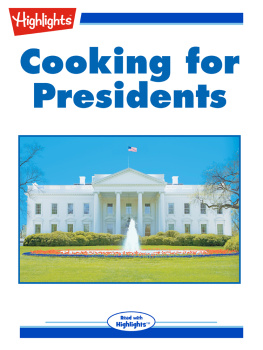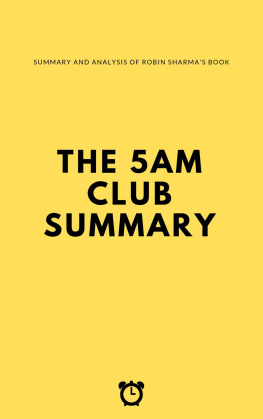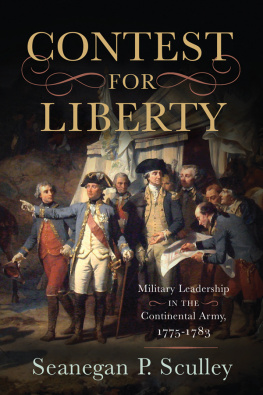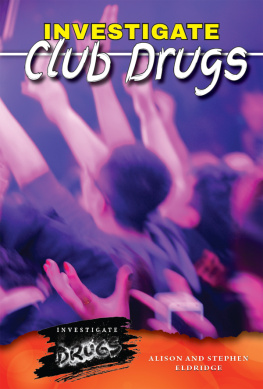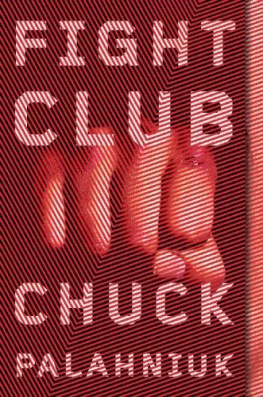The Junior Officers' Reading Club
Killing Time and Fighting Wars
PATRICK HENNESSEY

ALLEN LANE
an imprint of
PENGUIN BOOKS
ALLEN LANE
Published by the Penguin Group
Penguin Books Ltd, 80 Strand, London WC2R 0RL , England
Penguin Group (USA) Inc., 375 Hudson Street, New York, New York 10014, USA
Penguin Group (Canada), 90 Eglinton Avenue East, Suite 700, Toronto, Ontario, Canada M4P 2Y3 (a division of Pearson Penguin Canada Inc.)
Penguin Ireland, 25 St Stephen's Green, Dublin 2, Ireland (a division of Penguin Books Ltd)
Penguin Group (Australia), 250 Camberwell Road, Camberwell, Victoria 3124, Australia (a division of Pearson Australia Group Pty Ltd)
Penguin Books India Pvt Ltd, 11 Community Centre, Panchsheel Park, New Delhi 110 017, India
Penguin Group (NZ), 67 Apollo Drive, Rosedale, North Shore 0632, New Zealand (a division of Pearson New Zealand Ltd)
Penguin Books (South Africa) (Pty) Ltd, 24 Sturdee Avenue, Rosebank, Johannesburg 2196, South Africa
Penguin Books Ltd, Registered Offices: 80 Strand, London WC2R 0RL , England
www.penguin.com
First published 2009
Copyright Patrick Hennessey, 2009
Maps and photographs copyright Patrick Hennessey, 2009
Extract from Lessons of the War, Part IV: Unarmed Combat, by Henry Reed, reproduced by permission of Carcanet Press Ltd
Extract from Fair Weather, by Dorothy Parker, from The Collected Dorothy Parker, reproduced by permission of Penguin Books Ltd
The moral right of the author has been asserted
All rights reserved. Without limiting the rights under copyright reserved above, no part of this publication may be reproduced, stored in or introduced into a retrieval system, or transmitted, in any form or by any means (electronic, mechanical, photocopying, recording or otherwise) without the prior written permission of both the copyright owner and the above publisher of this book
ISBN: 978-0-14-190119-0
For the world, which seems
To lie before us like a land of dreams,
So various, so beautiful, so new,
Hath really neither joy, nor love, nor light,
Nor certitude, nor peace, nor help for pain;
And we are here as on a darkling plain
Swept with confused alarms of struggle and flight
Where ignorant armies clash by night.
From Dover Beach by Matthew Arnold
Contents
Author's Note
One of my favourite Army stories was told to me by my first company commander. A team from his anti-tank platoon had been up to some drunken mischief or other, and he was charged with finding the culprits. When interviewed one by one they all came out with an identical and well-rehearsed story in which they had been out together and all returned to camp at exactly 23:57 (some ten minutes after the alleged incident had occurred), a timing they all recalled with such precision because each one of them had checked their watches as they came in through the gates. Having heard the same improbable story five times, he called them back into his office together and asked them all to read him the time off their watches; needless to say, no two men had the same time, and at least two were either half an hour fast or slow.
No two recollections of an event are the same, especially an event as frantic and emotionally charged as a battle or the loss of a friend. As Anthony Swofford puts it in Jarhead:What follows is neither true nor false but what I know. The following narrative has been constructed as accurately as possible from e-mails sent to friends, my diaries and orders notebooks. Occasionally I have turned to colleagues for their recollections of certain incidents or to official after-action reviews and reports. Some names have been changed. An element of confusion is inevitable and is, in places, intentional the only realistic sense of the moment. For the rest, the book is entirely the time as I read it off my own watch.
Dedication
In April of 2001 I wrote a letter to my grandfather, also Patrick Hennessey a retired Cavalry officer, veteran of the Normandy landings who finished his long military career in the RAF and who embodied much that was good about his generation of soldiers asking for his advice on joining the Army. I hadn't mentioned the idea to anyone else and I've always been glad I sought his advice first. He provided good counsel and measured support, knowing that my parents would probably be more dubious, but beneath all of that he was delighted and proud. He died in November of 2002, quickly and quietly from a heart attack and a life of tobacco, red wine and cheese, the perfect death for a soldier with a soldier's hatred of doctors and hospitals, and I am always caught between happiness and sadness: happy that he died knowing that I was following in his footsteps, off to Sandhurst after university and about to embark upon the life and profession he had found so fulfilling, sad that he wasn't there, for the parades and the medals and stories that would follow.
Four years later I visited my other grandfather, Professor Emrys Jones, for the last time and brought with me something to show him. It was considered one of the great success stories of the family that my father's father and my mother's father an awe-inspiring academic, humanist, liberal and the driving intellectual force in the family got along so well. One had been in the first wave of DD Shermans, the swimming tanks that had rolled on to Sword beach, queasy in the early hours of 6 June 1944. The other had driven ambulances throughout the war, a conscientious objector with quiet and strong conviction. One devoted his life to military service, the other to shaping and improving post-war communities.
They were brought together by their children, my parents, smiling and improbably young in photos in front of Durham Cathedral, outside which they had first met as students glamorous, my father in his naval uniform and my mother in her wedding gown. What must they have thought, these two men, being presented in turn with a pad-brat naval aviator for a son-in-law child of military bases in Germany and Cyprus, up at university with a portrait of the Queen on the walls of his room and anxious to get back in the cockpit and a spirited and beautiful musician and feistily clever university administrator for a daughter-in-law.
Sometime in August 1982 they must have all stood together over the slightly ugly six-pound baby, their first and only grandson, and wondered. Military Grandpa might have pictured another young Hennessey in his regiment, a continuation of a long and unbroken family line of military service to crown and country, and Professor Taid (Welsh for grandfather, which was how we distinguished) might have wondered if that bundle might be a thinker, might follow him into academia and print. Taid did not murmur when I announced that I was going to join the Army. Immersed as I was, or so they thought, in literary study it must have seemed a safe bet that the gowns and mortar boards had won out over fatigues and helmets. I know the decision came as a big surprise and slight disappointment. Taid didn't agree with my thinking but understood and respected the thought process. He couldn't have been more supportive. A few days before he died, I had been presented with my first Operational Tour Medal for service in Iraq. Taid had strenuously objected to the war, but we had stayed in close touch while I had been out, and he had come to see that perhaps some good was being done, and that what else was not being done was not the fault of the young men and women in uniform working hard in difficult conditions. I showed him my medal, and, like Grandpa when I wrote him that first letter, I knew he was proud.


